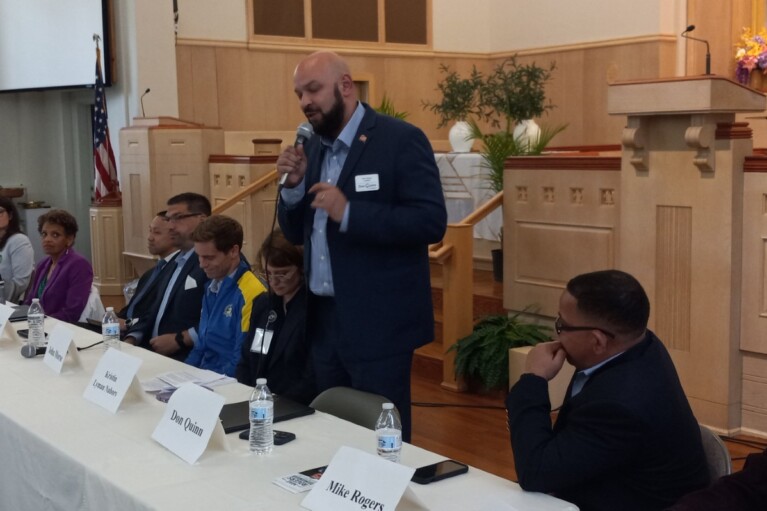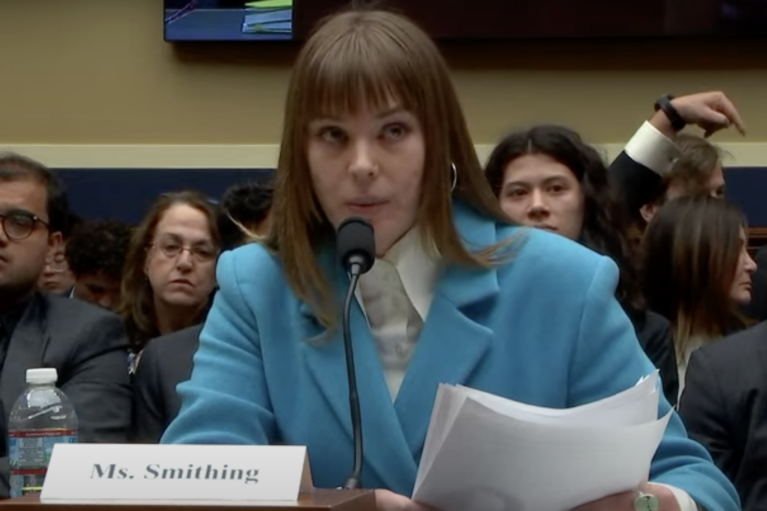Consumer agency seeks faster action, more certainty from Md. utility regulator

A consumer watchdog is accusing a powerful Maryland regulatory agency of taking too long to respond to its requests for information and action — and is now seeking a rule that would lay out how quickly the agency must answer its formal filings.
The bureaucratic, procedural gambit involves the Office of People’s Counsel, which represents consumers’ interests on utility matters in the state, and the Public Service Commission, which regulates electric, gas and some water utilities.
Often enough, the two state agencies are in accord and cooperating — such as when the PSC levies fines against energy companies for overcharging customers. But just as often, the people’s counsel is prodding the PSC to open investigations, take more aggressive actions against utilities, or do more to confront climate change.
In a 35-page petition filed last week, the OPC complains that the Public Service Commission is eroding consumers’ rights by not responding fast enough to some of its previous filings. And it asks the PSC to formally establish a timetable for answering the OPC’s filings, arguing that procedural rules have become necessary because the commission has ignored OPC’s requests, dismissed them without addressing their merits, or allowed matters to linger for extended periods.
“The lack of procedures is undermining OPC’s efforts to advance the interests of residential customers, resulting in situations in which customers are harmed,” People’s Counsel David S. Lapp said.Officially, OPC’s filing is a petition for a rulemaking, asking the PSC to adopt formal procedures that ensure that the people’s counsel requests for commission action are addressed on their merits in a reasonable time. PSC rules currently provide no assurance that the commission will ever address OPC’s filings.
“Events over the past two years establish the need for this petition and written rules,” the OPC argues in its filing. “With no procedures in place to assure the Commission’s consideration of matters OPC brings before it, OPC cannot effectively perform its statutory role of representing the interests of residential ratepayers. Correspondingly, and of more importance, the Commission’s lack of clear processes for matters OPC presents for determination has undermined the Commission’s own ability to perform its statutory responsibility of ensuring that the public interest is advanced and that customers are receiving adequate, economical, and efficient utility services at just and reasonable rates.”
In the filing, the people’s counsel also argues that OPC’s limited resources can be wasted if the commission never acts on its requests, and the transparency would be enhanced with written procedures.
The OPC’s filing offers four examples of requests for action it made to the PSC that did not attain the desired results.
One filing, from 2021, came in response to a political scandal in Ohio involving FirstEnergy, a giant energy company accused of bribing powerful elected officials. FirstEnergy owns Potomac Edison, the electric utility in Western Maryland, and the OPC sought a PSC investigation of how that scandal affected ratepayers and utility operations in Maryland.
Another filing from 2021 involved OPC’s contention that Washington Gas was using deceptive practices by advertising its natural gas as green energy. Another petition, from last year, sought PSC rules to implement legislation designed to protect low-income customers from exorbitant retail supply rates.
The most recent filing, from earlier this year, asks the PSC for greater gas utility planning in view of the fact that natural gas consumption is projected to decline in Maryland over the next few decades as more homes and commercial properties convert to less-polluting electric energy. The people’s counsel has argued for several years that programs the PSC oversees are enabling utilities to charge ratepayers for improvements to fossil fuel infrastructure at a time when the state ought to be doing more to combat climate change and promote carbon-neutral energy generation.
“On these and other matters, the Commission has ignored OPC’s filings, dismissed them without rulings on the merits, or allowed the filings to linger for extended periods with no decision and sometimes without even creating a docket,” the people’s counsel writes in the filing. “As these examples…make clear, written procedures have become necessary to ensure that residential customer interests are sufficiently represented before the Commission as the General Assembly intended. Those procedures will further promote administrative efficiency and transparency.”
“The commission can open a docket for our requests with minimal effort,” Lapp said. “Then it should establish a reasonable schedule for addressing the merits of OPC’s requests.”
Tori Leonard, a spokesperson for the PSC, said Monday that the commission had received the OPC filing and was developing a written response.
The PSC, which is governed by a five-member commission appointed by the governor with the advice and consent of the state Senate, is in the early stages of a transition now that Gov. Wes Moore (D) has taken office. Moore rescinded two recess appointments that his predecessor, Gov. Larry Hogan (R), made to the PSC last year, and nominated Fred Hoover, a former head of the Maryland Energy Administration who currently works for the OPC, to be the new PSC chair. Now that he’s been confirmed by the Senate, Hoover will take over from outgoing Chair Jason M. Stanek, whose term runs through June 30.
Last week, Moore nominated veteran state Del. Kumar P. Barve (D-Montgomery), the chair of the House Environment and Transportation Committee, to the PSC. Barve is expected to take a seat on the commission soon — though will be considered an interim member until he is confirmed by the Senate next year. Moore still has a third position to fill on the PSC, as one of his nominees, Juan Alvarado, withdrew amid criticism from environmental groups.
A House bill that would have required the PSC to hire an outside consultant to study its mission and performance was killed in the House Economic Matters Committee in mid-March.




 Creative Commons Attribution
Creative Commons Attribution